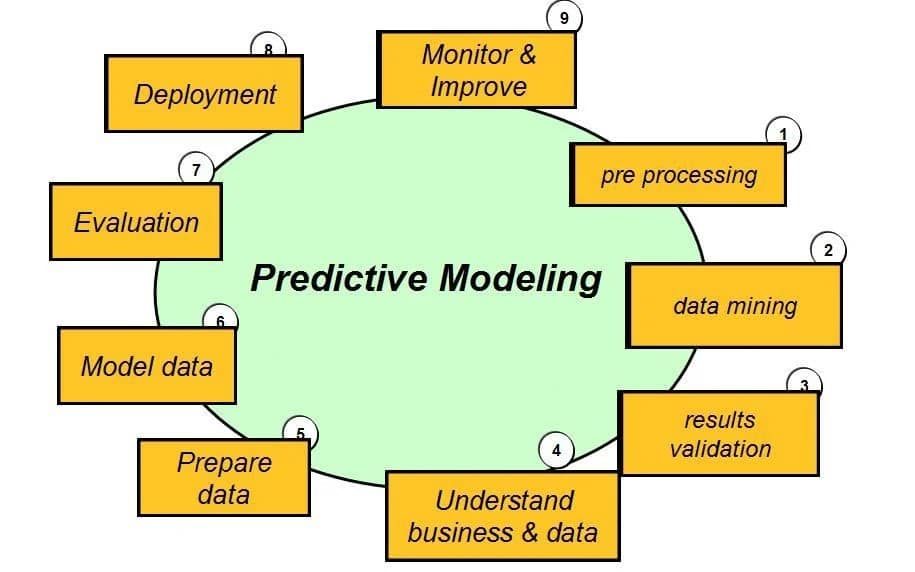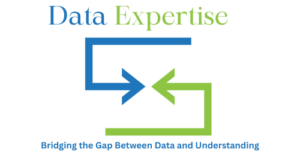Introduction to Niche Analytics
Niche Analytics refers to the specialized analytical processes tailored to specific industry sectors, offering insights that go beyond general data analysis. This blog explores how data scientists can leverage niche analytics to provide targeted, actionable insights, significantly impacting sector-specific decision-making and strategies.
Niche analytics allows data scientists to focus their expertise on specific industry segments, offering a granular view that general analytics cannot achieve. This specialized approach enables practitioners to extract highly relevant insights, driving targeted strategies and operational efficiencies within distinct sectors.
The Significance of Niche Analytics for Data Scientists
For data scientists, niche analytics presents an opportunity to delve deeper into industry-specific data, uncovering trends and patterns not visible through broad-spectrum analysis. It’s about applying data science skills in a way that is finely tuned to the nuances of particular sectors.
Niche analytics empowers data scientists to become industry experts, allowing them to provide more nuanced and impactful insights. This specialization fosters a deep understanding of sector-specific challenges and opportunities, enhancing the value data scientists bring to the table.

- Industry Expertise: Builds deep knowledge in a specific sector.
- Targeted Insights: Enables the extraction of highly relevant insights.
- Strategic Impact: Amplifies the strategic value of data analysis.
Deep Dive into Niche Analytical Techniques
Understanding and applying niche analytical techniques require data scientists to adapt and refine their approach, employing methodologies that resonate with the unique challenges and data types of specific sectors.
Mastering niche analytical techniques enables data scientists to tailor their approaches to the unique characteristics of industry-specific data, uncovering insights that broad-spectrum analysis might overlook.
Advanced Statistical Modeling
Tailoring statistical models to fit the intricacies of niche market data, enhancing accuracy, and relevance. Advanced statistical modeling in niche analytics involves customizing models to address the unique data structures and patterns of specific sectors. These models must be adaptable, capable of handling the idiosyncrasies of niche data while maintaining robustness and accuracy.
In sectors with complex or non-standard data types, such as biostatistics or geostatistics, advanced statistical modeling takes on even greater importance, requiring data scientists to employ specialized techniques that can effectively parse and interpret such data.
Machine Learning in Niche Domains
Applying machine learning algorithms in a way that accounts for the peculiarities of sector-specific data sets. Machine learning algorithms can be fine-tuned to cater to niche sectors, enhancing their ability to predict outcomes or extract insights from industry-specific datasets. This specialization allows models to become more sensitive to subtle nuances in the data that generic models might miss.
In niche domains, the application of machine learning goes beyond mere prediction or classification. It involves crafting algorithms that can adapt to and learn from the unique dynamics of the sector, providing insights that are not only accurate but also deeply contextualized.
Sector-Specific Case Studies
Niche analytics provides transformative insights across various sectors, enabling organizations to make data-driven decisions with a high degree of specificity and relevance.
- Customized Solutions: Tailored analytics solutions for each sector.
- Competitive Advantage: Sector-specific insights provide a competitive edge.
Healthcare
Utilizing niche analytics to predict patient outcomes, tailor treatments, and improve healthcare delivery. In healthcare, this analytics can significantly enhance patient care by analyzing medical records to predict patient outcomes, personalize treatment plans, or identify the most effective interventions.
Finance
Applying specialized analytical techniques to forecast market trends, assess risk, and optimize investment strategies. In finance, niche analytics helps in detecting fraudulent activities, optimizing investment portfolios, and forecasting market trends, thereby enabling more informed decision-making.
Integrating Niche Analytics with Big Data
The convergence of niche analytics and big data opens new avenues for extracting profound insights, requiring data scientists to combine deep industry knowledge with advanced data processing skills.
The integration of niche analytics and big data can unlock unprecedented insights, but it requires sophisticated methods to process and analyze vast datasets within the context of specific industries.
- Data Fusion: Combining diverse data sources for a holistic view.
- Scalability: Ensuring analytics solutions scale with data growth.
Predictive Modeling in Niche Sectors

Predictive modeling in niche analytics involves developing predictive frameworks that are intricately aligned with the dynamics of specific sectors, enhancing the foresight and strategic planning capabilities of businesses.
Predictive modeling in niche sectors goes beyond generic forecasting, requiring a deep understanding of sector-specific trends, cycles, and anomalies to make accurate predictions.
- Contextual Accuracy: Ensuring predictions are contextually relevant.
- Dynamic Adaptation: Models that adapt to sector-specific changes.
Challenges and Solutions
Addressing the unique challenges of niche analytics demands innovative solutions, from data collection and cleaning to analysis and interpretation, tailored to the context of the specific industry sector.
While niche analytics offers immense potential, it presents unique challenges such as data availability and model interpretability, which require innovative solutions to overcome.
- Data Scarcity: Developing methods to work with limited data.
- Complexity Management: Simplifying complex models for better interpretability.
Ethical Considerations in Niche Data Analysis

Niche analytics also brings forth unique ethical considerations, where data scientists must navigate the fine line between deep insight and privacy infringement, ensuring that the analysis remains respectful of individual and sector-specific ethical standards.
Ethical considerations in this analytics are paramount, especially in sectors with sensitive data. Ensuring data privacy and ethical use is crucial to maintaining trust and compliance.
- Privacy Preservation: Upholding data privacy standards.
- Bias Reduction: Actively working to identify and reduce biases.
Niche Analytics: A Roadmap for Data Scientists
For data scientists looking to specialize, niche analytics offers a path filled with opportunities for impact, requiring a blend of industry knowledge, analytical expertise, and a nuanced approach to data interpretation.
For data scientists, niche analytics offers a path to specialization, demanding a blend of industry knowledge, technical expertise, and ethical considerations to harness the full potential of data in specific sectors.
- Continuous Learning: Staying updated with sector-specific knowledge.
- Collaboration: Working closely with industry experts.
Conclusion
Niche analytics represents the frontier of data science, where the field’s tools and techniques are applied in a focused manner to drive significant sector-specific outcomes, embodying the essence of what it means to leverage data for targeted impact.
As we delve deeper into the era of specialized data, niche analytics stands out as a critical pathway for data scientists aiming to make a tangible impact within specific industries, driving forward the boundaries of what’s possible with data.





Reviewed by 1 user
Awsome website! I am loving it!! Will be back later to read some more. I am taking your feeds also
Informative and Interesting Article. Keep posting such types of content!